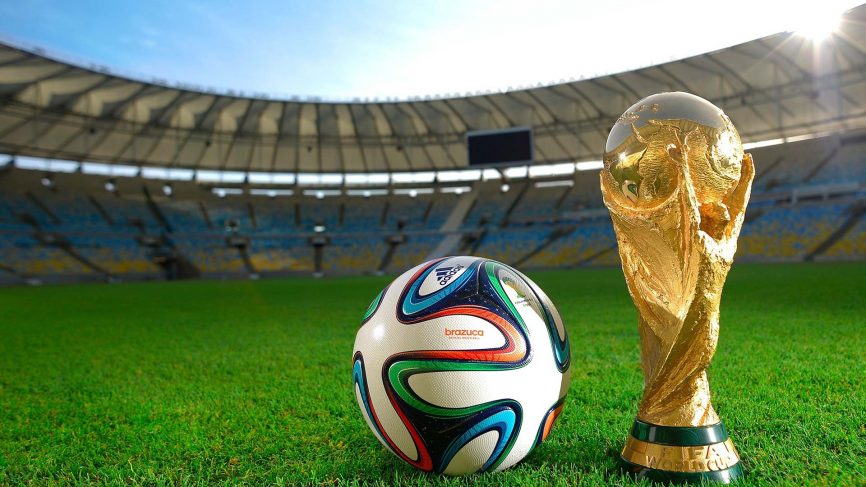Without doubt, sport is the one thing that will always bring Jamaicans together. We get fiercely nationalistic, we romanticize our place in the world, and we share good vibes with everyone. But what if we were no longer to have the Olympics, the World Cup or those sport meets where we blaze up the tracks? What if the sun got too hot to play cricket, like your mother always told you? You might believe we had some white rum this morning! But no, dis real. It may sound like the premise of a dystopian future, except that rapid climate change is making that future more real and present than you might think.
The World Meteorological Organization says 2019 is on track to becoming one of the world’s hottest years, and among the things the heat is affecting are sports events. More often, competitions are being cancelled or postponed because of heatwaves, sometimes resulting in spectators and players requiring medical attention from exhaustion and dehydration. In sporting England, golf, cricket and football are suffering from wetter weather. This has led to matches being called off and millions spent on repairing damage playing surfaces and to the infrastructure of clubs during heavy storms. In simmering Qatar, they are planning to host the next World Cup during the winter to avoid the extreme heat of that region. The World Cup has always been a summer event.
Climate change is now so serious that it has become a factor in deciding the location and the line-up of the Olympic Games. As summers get hotter and winters get shorter the locations for the Winter Olympics are whittling down to only a few cities. Eventually, if things continue much the same, winter sports will only be able to take place in very specific conditions that will likely make them a thing of the past.
The upside of all of this, if we can consider it such, is that the effect of climate change on sports, a vibrant human activity and the safest place where nations compete, may push scientists to accelerate solutions to counter extreme weather effects. Because of the big impact sports have around the world, any deterioration of these events could be a catalyst for attacking perhaps the world’s biggest problem. Last December, Niclas Svenningsen, who heads the Climate Neutral Now initiative under the U.N. climate secretariat, launched the Sports for Climate Action Initiative to encourage sporting groups to reduce their climate impact. So far, sports federations from dozens of countries have sign up to support this initiative. Among other things, the initiative calls for using athletes as climate ambassadors and using sports as a unifying tool to drive climate awareness and action among global citizens.

